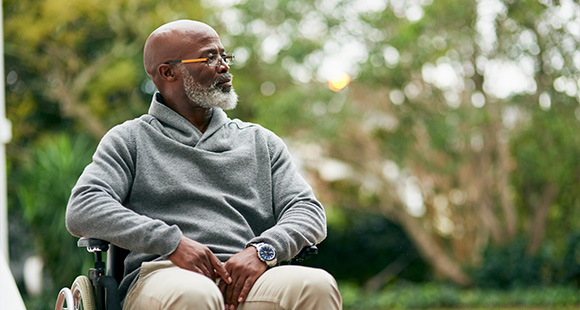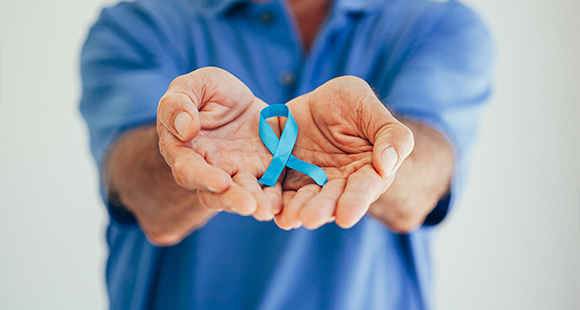
Peyronie's Disease & Rare Conditions
While Lederhosen disease and Ehlers-Danlos syndromes (EDS) are both rare, if you suffer from either condition and have a bend in your penis, we recommend getting in touch with us or continuing to read to find out more
Find out more how MansMatters can help you
Contact us for a complimentary 20-minute consultation with our men's health specialists.
Arrange a Free Telephone Consultation
Book a Treatment
Receive More Information & Our Explainer Video
Ledderhose Disease
Lederhosen disease and Dupuytren's contracture are related fibroproliferative disorders characterised by abnormalities in connective tissue. In Peyronie's disease, this manifests as fibrous plaque on the penis, leading to curved erections. In Dupuytren's contracture, the fingers begin to contract as the cords thicken, drawing the fingers towards the palm in a bent position.
In Lederhosen disease, hard nodules begin to develop on the bottom of the feet. It is most commonly seen in middle-aged and elderly individuals and occurs in men approximately 10 times more often than in women. Initially, these hard nodules do not cause pain but can become very painful over time.
The nodules typically form along the plantar fascia of the feet. The plantar fascia is the ligament that runs underneath the foot, just below the skin, connecting the heel to the front of the foot.

Ehlers-Danlos Syndromes
Some patients with Peyronie's disease also suffer from Ehlers-Danlos syndromes (EDS). This is another rare, often inherited condition that, like Peyronie's disease, affects the connective tissues.
Men with EDS have a 25 times higher rate of penile fractures compared to men without EDS. The primary complications of EDS include very fragile skin that can break and bruise easily, skin that stretches, and an increased range of joint movement. These skin issues predispose patients to problems with wound healing. EDS is caused by gene mutations that weaken connective tissues.
Knightsbridge
Richmond
MansMatters are specialists in non-invasive, nonsurgical procedures. We do not offer surgery but have professional relationships with leading surgical urologists and andrologists who undertake different types of Peyronie's disease surgery. If you would like to know more about surgical options, then please click here.
Surgical Procedures














